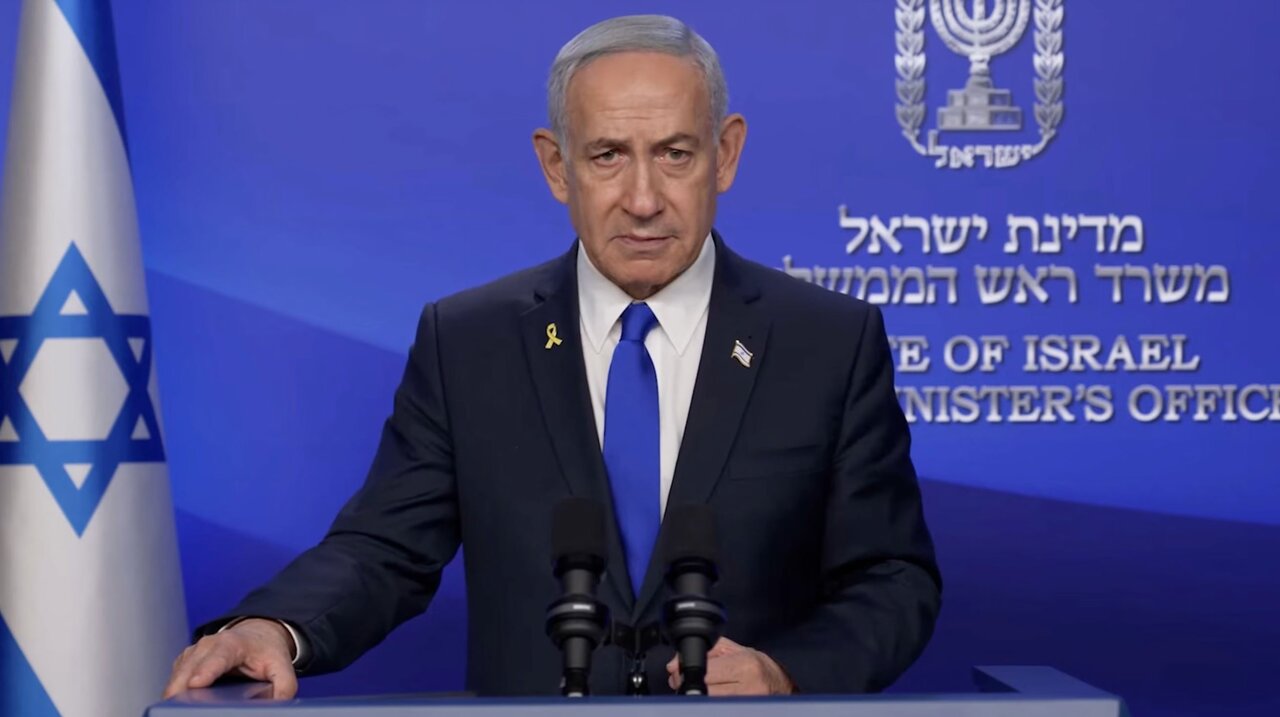Israel’s war of choice with Iran is proving far less decisive than President Donald Trump initially believed when he praised Israel’s performance as “excellent.” What now appears to be an escalating, inconclusive conflict with no clear end in sight will soon force Trump into a challenging decision: end the war — or enter it.
Israel’s opening strike was undoubtedly a tactical success. Caught off guard by the assumption that Israel wouldn’t act before the sixth round of nuclear talks, Iranian leaders had taken no precautions. Many were asleep in their homes in northern Tehran, alongside their families, when Israeli strikes killed them in their beds. Iran’s air defenses were also unprepared and inactive.
Israel aimed to eliminate as many Iranian commanders as possible to disrupt Iran’s command and control structure and effectively paralyze its military response. Initially, the strikes were so successful — and Iran so subdued — that it was unclear whether Tehran retained any meaningful capacity to retaliate.
Impressed by Israel’s early success, Trump moved quickly to claim credit for the operation, despite Secretary of State Marco Rubio having declared just hours earlier that the strikes were a "unilateral action" by Israel and that the U.S. was not involved. As the saying goes: success has many fathers, but failure is an orphan.
But within 18 hours, Iran had restructured its chain of command, activated its air defenses, and, most critically, launched four missile barrages aimed primarily at Israeli air defense systems. Many of the missiles penetrated Israel’s multilayered defenses, lighting up the Tel Aviv skyline as they struck their targets — including a direct hit on Israel’s Ministry of Defense.
That Tehran could mount such a response just hours after losing several top military commanders was the first clear sign that Israel’s initial success would be short-lived.
Read Dr. Parsi's full article HERE on Responsible Statecraft





